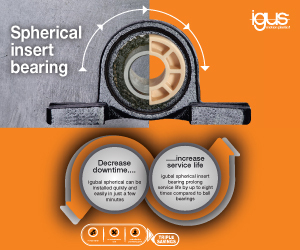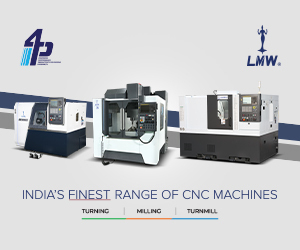
The author says: Carriers will continue to invest in online price quotes, capacity and shipment management solutions in 2019
The year 2018 saw a wave of freight digitization and investments across the industry. In 2019, while there may be a slight slow-down in trade due to political developments, we will see gains in efficiency via digital freight innovations and process automation at a faster pace than ever before. Some key trends to look out for in 2019 will be:
Trend One - Global Trade Pressures: Global trade policy and political events will play a large part in how the international logistics market grows in 2019. Most analysts feel that the China-US trade war and Brexit will reduce the growth rate of international trade in 2019. However, these events could also increase opportunities for Indian exporters to service global markets.
Trend Two - Carriers and Freight Forwarders Consolidation: On the carrier side, 2018 has seen Maersk, the largest shipping line, integrate its service offerings by purchasing a trucking tech company and by absorbing Damco (its freight forwarding arm). Also, we have seen major shipping line alliances and even consolidations of carriers (For example, ONE LINE - where three carriers merged), in order to stabilize prices and capacity on key routes in 2019. On the service provider and agent side, most multi-national freight forwarding companies are looking at making acquisitions in 2019 to increase their market share and improve their digital service offerings.
Trend Three - Transportation Automation: There have been several successful pilots for delivering consumer packages via drones. (A famous US supermarket chain has even started grocery deliveries via drones). Driver-less passenger vehicles are already a reality and will see heavy adoption in the next 2-3 years. The freight market will see the next wave of automation in 2019. Volvo is already operating driverless trucks in Sweden and plans to start routes in China. Driverless trucking is especially beneficial because it eliminates labour costs, which can be as much as 50% of operating expenses. Moreover, there is immense R&D being undertaken to design processes to make these automated trucks very safe and fuel efficient. We can expect many more operational trials in 2019 and large-scale implementation within 3 years once the policies are clearly laid out across different countries.
(Continued on the next page)

































